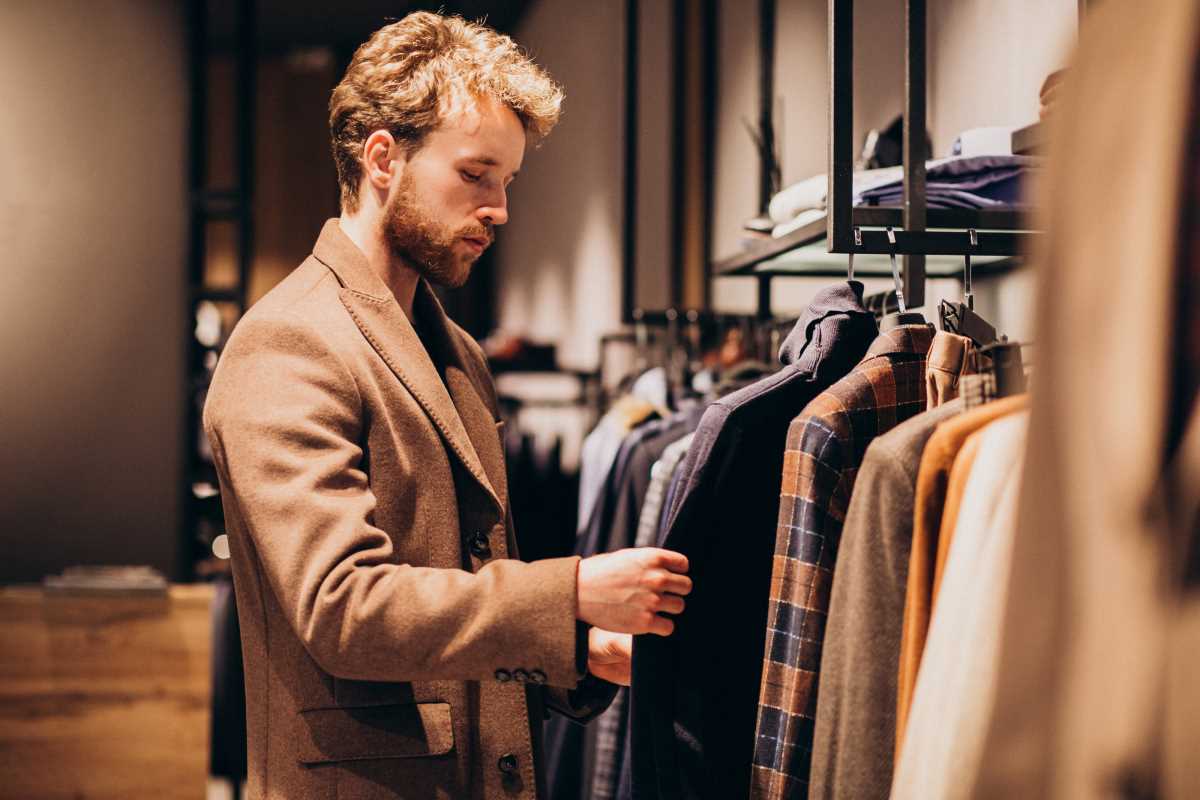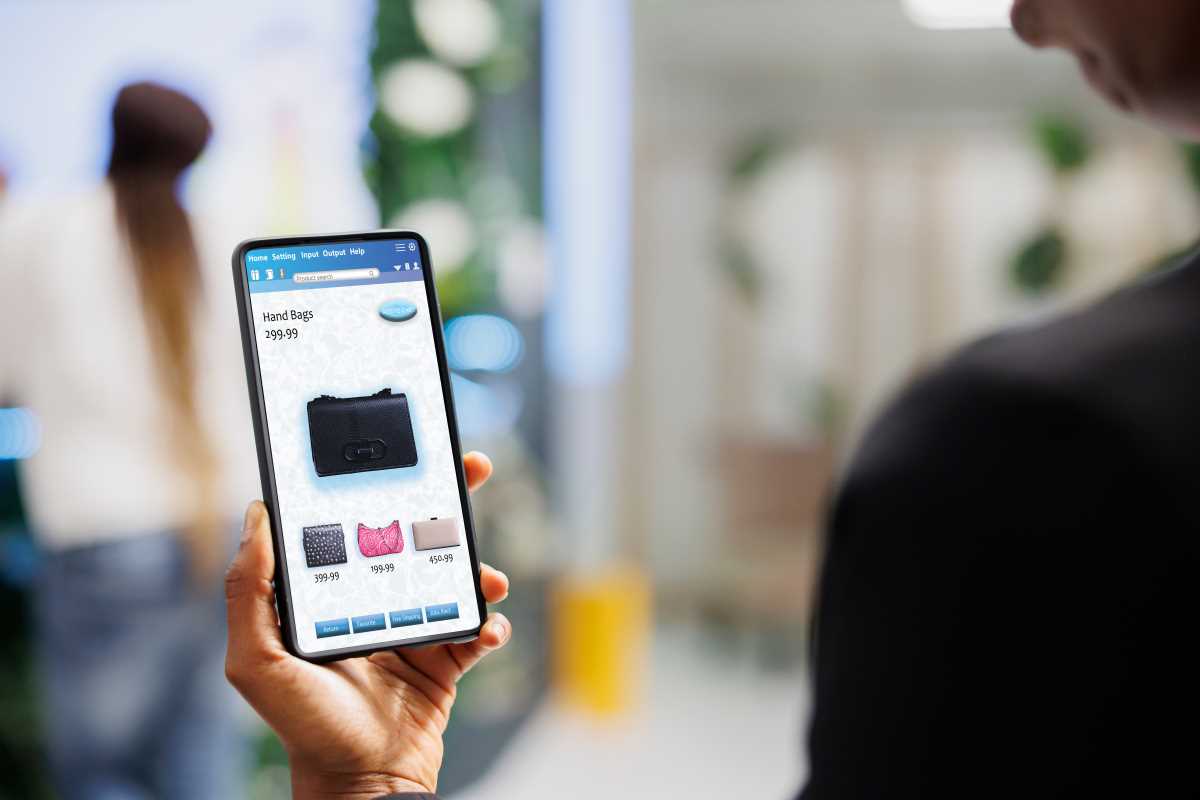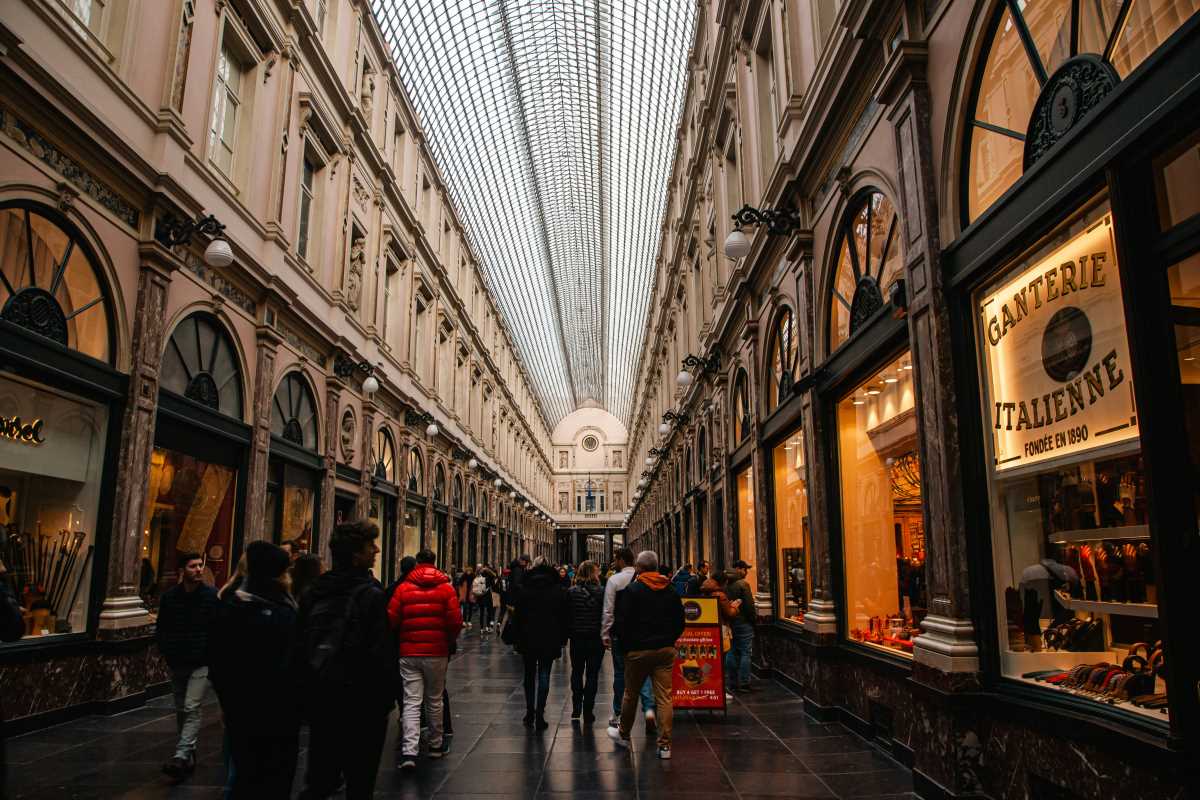Boutique concept stores have made waves in the retail world, attracting shoppers with their unique offerings and personalized experiences. Unlike traditional retail outlets, these stores focus on curating a distinctive selection of products that cater to specific tastes and lifestyles. Their growing popularity shows consumers' desire for more curated and meaningful shopping experiences. Trendsetting plays a crucial role in the success of these boutiques, as they often set the pace for what's next in fashion, home decor, and beyond.
What Defines a Boutique Concept Store?
Boutique concept stores stand out by their innovative approach to retail, emphasizing creativity, exclusivity, and a deep understanding of their target audience. They often break away from conventional retail models by integrating various elements that enhance the shopping experience.
- Unique Product Selection: A carefully curated range of products that reflect the store’s theme and vision.
- Innovative Store Design: Attention-grabbing interiors that create an immersive environment.
- Personalized Customer Service: Staff trained to offer tailored recommendations and build relationships with customers.
- Interactive Experiences: Incorporation of technology or interactive displays to engage shoppers.
- Collaborations and Pop-ups: Temporary installations or partnerships with designers and artists to keep the offerings fresh.
Examples of Trendsetting Boutique Stores
Around the globe, several boutique concept stores have set benchmarks in the retail industry with their innovative approaches and captivating environments. These stores not only offer unique products but also redefine the shopping experience.
- Colette in Paris was renowned for its avant-garde selection and chic ambiance before it closed its doors in 2017.
- Opening Ceremony in New York City blends high fashion with unexpected artistic elements, creating a dynamic retail space.
- Mercer Kitchen in London combines a lifestyle concept store with a restaurant, offering a seamless blend of shopping and dining.
- Nendo in Tokyo is known for its minimalist design and versatile product offerings that cater to a sophisticated clientele.
- Fear of God Essentials in Los Angeles offers a streetwear-centric collection in a sleek, modern setting.
Impact on Consumer Behavior
Boutique concept stores significantly influence how consumers shop and what they expect from their retail experiences. By offering something different from mainstream stores, they attract a dedicated customer base seeking uniqueness and quality.
- Increased Brand Loyalty: Personalized experiences create a strong connection between the consumer and the brand.
- Desire for Exclusivity: Limited-edition products and unique selections make shoppers feel special and eager to return.
- Emphasis on Experience: Shoppers prioritize memorable experiences over mere transactions.
- Influence on Social Media: Visually appealing stores encourage customers to share their experiences online, enhancing brand visibility.
- Shift Towards Conscious Consumption: Many boutiques focus on sustainable and ethically sourced products, attracting socially conscious consumers.
Current Trends in Boutique Retail
The boutique retail space continues to evolve, with new trends emerging that reflect changes in consumer preferences and technological advancements. Staying ahead of these trends is essential for concept stores aiming to maintain their status as trendsetters.
One notable trend is the integration of technology to enhance the shopping experience. From augmented reality fitting rooms to interactive displays, technology helps create more engaging and personalized interactions. Another trend is the focus on sustainability, with many boutiques prioritizing eco-friendly products and practices. The rise of experiential retail, where stores offer unique events and activities, is also becoming increasingly popular. This approach not only attracts customers but also encourages them to spend more time in the store.
Emerging trends like these shape the future of retail, making trendsetting boutique stores more innovative and customer-centric.
Challenges Faced by Boutique Stores
Despite their success, boutique concept stores often face several challenges that can impact their operations and growth. Navigating these challenges requires strategic planning and adaptability.
- High Operational Costs: Maintaining a unique store design and stocking exclusive products can be expensive.
- Market Competition: Standing out in a saturated market requires constant innovation and differentiation.
- Inventory Management: Curating the right mix of products without overstocking or understocking is a delicate balance.
- Adapting to Trends: Quickly responding to changing consumer preferences and market trends is crucial for staying relevant.
- Digital Presence: Building and maintaining an effective online presence alongside a physical store can be resource-intensive.
Successful boutique stores address these challenges by using their unique strengths, such as strong customer relationships and a deep understanding of their niche market. They often adopt flexible business models and embrace technology to streamline operations and enhance the customer experience.
The future of boutique concept stores looks promising, with several trends poised to shape their evolution. As consumers continue to seek personalized and meaningful shopping experiences, boutiques will likely further integrate technology and sustainability into their business models. Virtual and augmented reality may become standard tools for enhancing in-store experiences, allowing customers to visualize products in innovative ways.
Trendsetting boutique concept stores play a vital role in shaping the retail landscape, offering unique experiences that resonate with consumers. Their ability to innovate and adapt ensures they remain influential players in the industry, setting standards for the future of shopping.
 (Image via
(Image via





